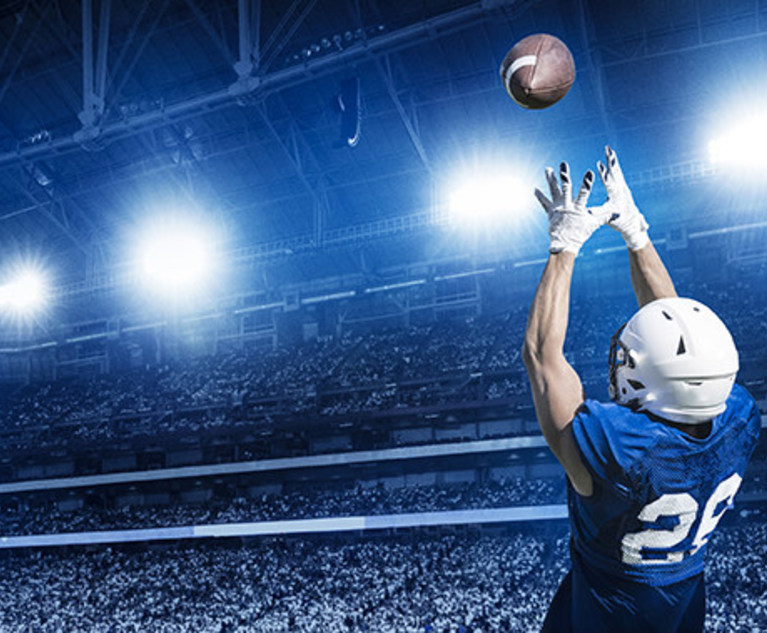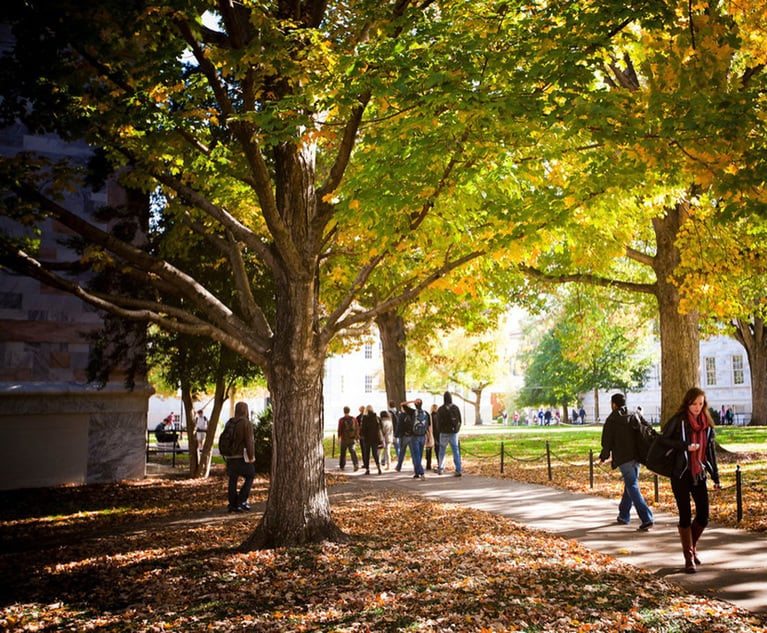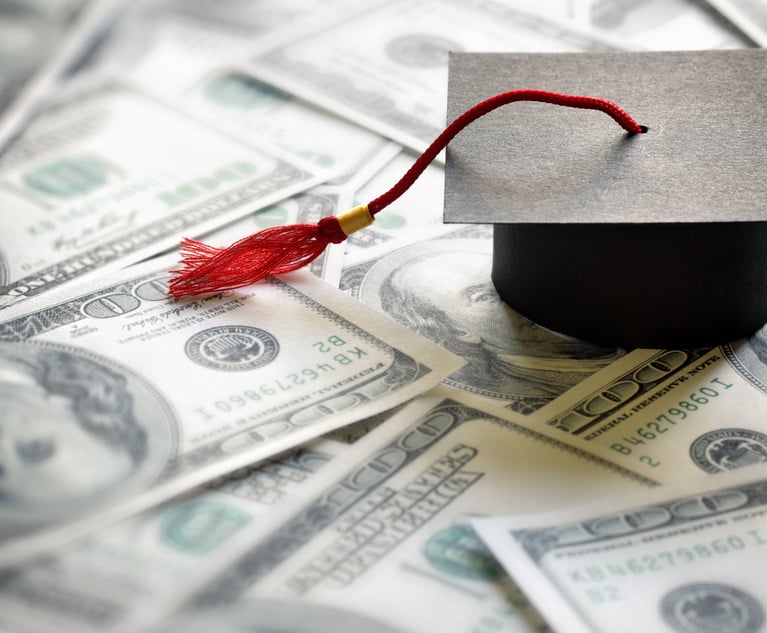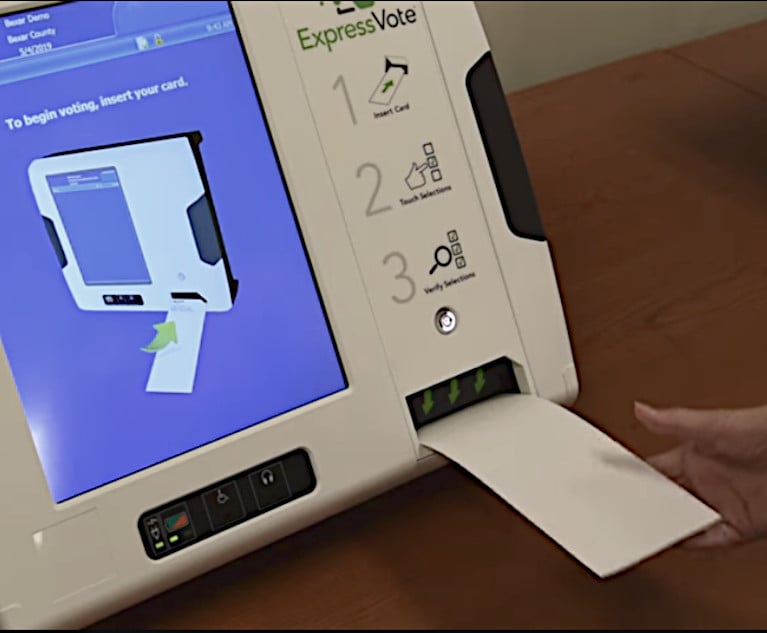As name, image and likeness deals begin to flourish in college athletics, some observers say there is a head-on “collision” coming with Title IX—and colleges should be prepared.
College athletes began striking NIL sponsorship deals after the National Collegiate Athletic Association in June 2020 began allowing them to capitalize on their fame for the first time. Now, alumni and boosters are in what some have termed an “arms race” to give their institutions an edge by forming collectives, which raise money and then funnel it to athletes. The source of the money ranges from traditional sponsorship deals to monthly subscriptions paid by avid fans.
Andrew G. Hope, counsel with Buchanan, Ingersoll & Rooney, is a litigator specializing in consumer defense. Hope said, in a statement to Law.com, that Title IX only applies to NCAA member institutions and would not necessarily impact NIL deals that are arranged directly between athletes and third parties.
“However, as a practical matter, this overlap appears inevitable,” stated Hope. “Many schools have already rolled out NIL models closely tying university fundraising arms with collectives. In addition, individual athletic departments have issued their own NIL policies that address the licensing of trademarked logos and other intellectual property, as well as the products and services that athletes are permitted to endorse.”
Hope said that in this unsettled landscape, programs and policies could potentially violate Title IX if they are not administered consistently or otherwise result in a disparate impact to female athletes.
“In the absence of a uniform federal NIL law, the majority of states have enacted their own legislation,” stated Hope. “The past two years have witnessed significant changes to the NIL landscape, with state laws increasingly and openly contradicting NCAA regulations, for example, by allowing boosters and collectives to facilitate deals and by shielding in-state schools from NCAA policing efforts.”
Hope noted that some statutes go even further, sanctioning compensation for athletes that is expressly conditioned upon attendance at a particular institution, notwithstanding the NCAA’s prohibition on “inducements.”
This content has been archived. It is available through our partners, LexisNexis® and Bloomberg Law.
To view this content, please continue to their sites.
Not a Lexis Subscriber?
Subscribe Now
Not a Bloomberg Law Subscriber?
Subscribe Now
LexisNexis® and Bloomberg Law are third party online distributors of the broad collection of current and archived versions of ALM's legal news publications. LexisNexis® and Bloomberg Law customers are able to access and use ALM's content, including content from the National Law Journal, The American Lawyer, Legaltech News, The New York Law Journal, and Corporate Counsel, as well as other sources of legal information.
For questions call 1-877-256-2472 or contact us at [email protected]










